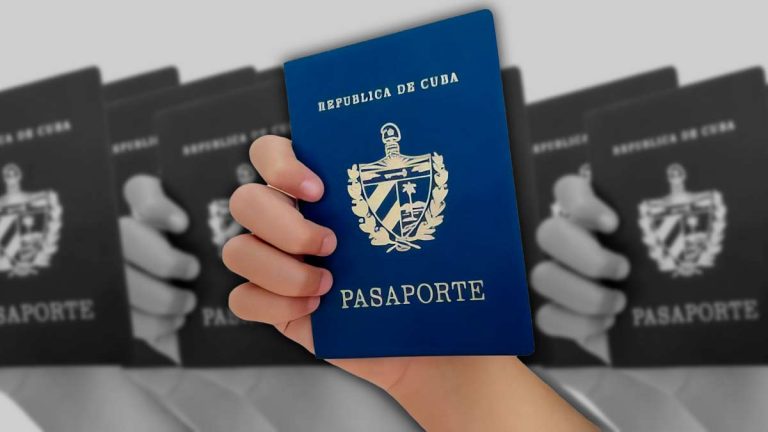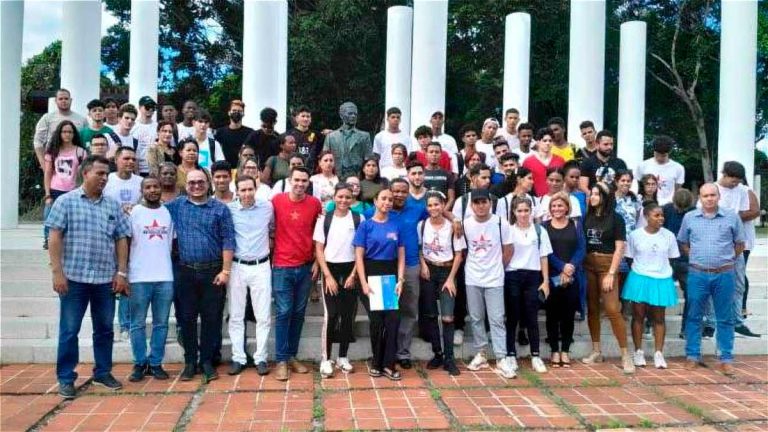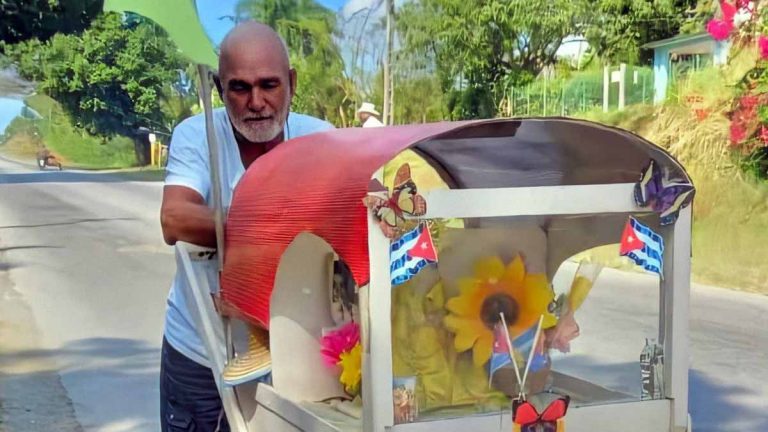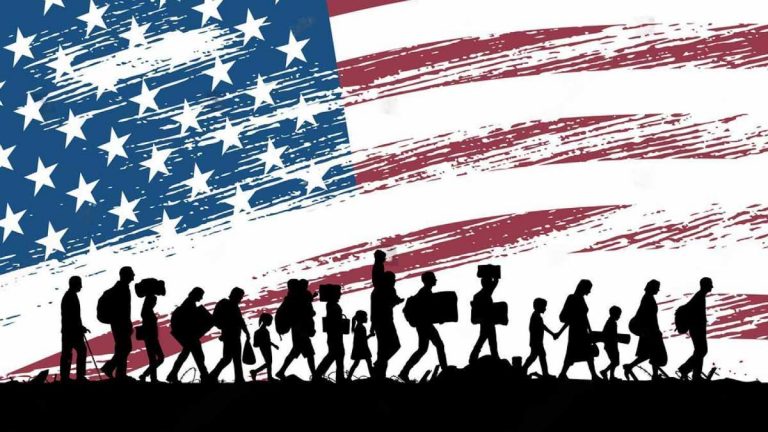Approximately 800,000 young Cubans are neither studying nor employed
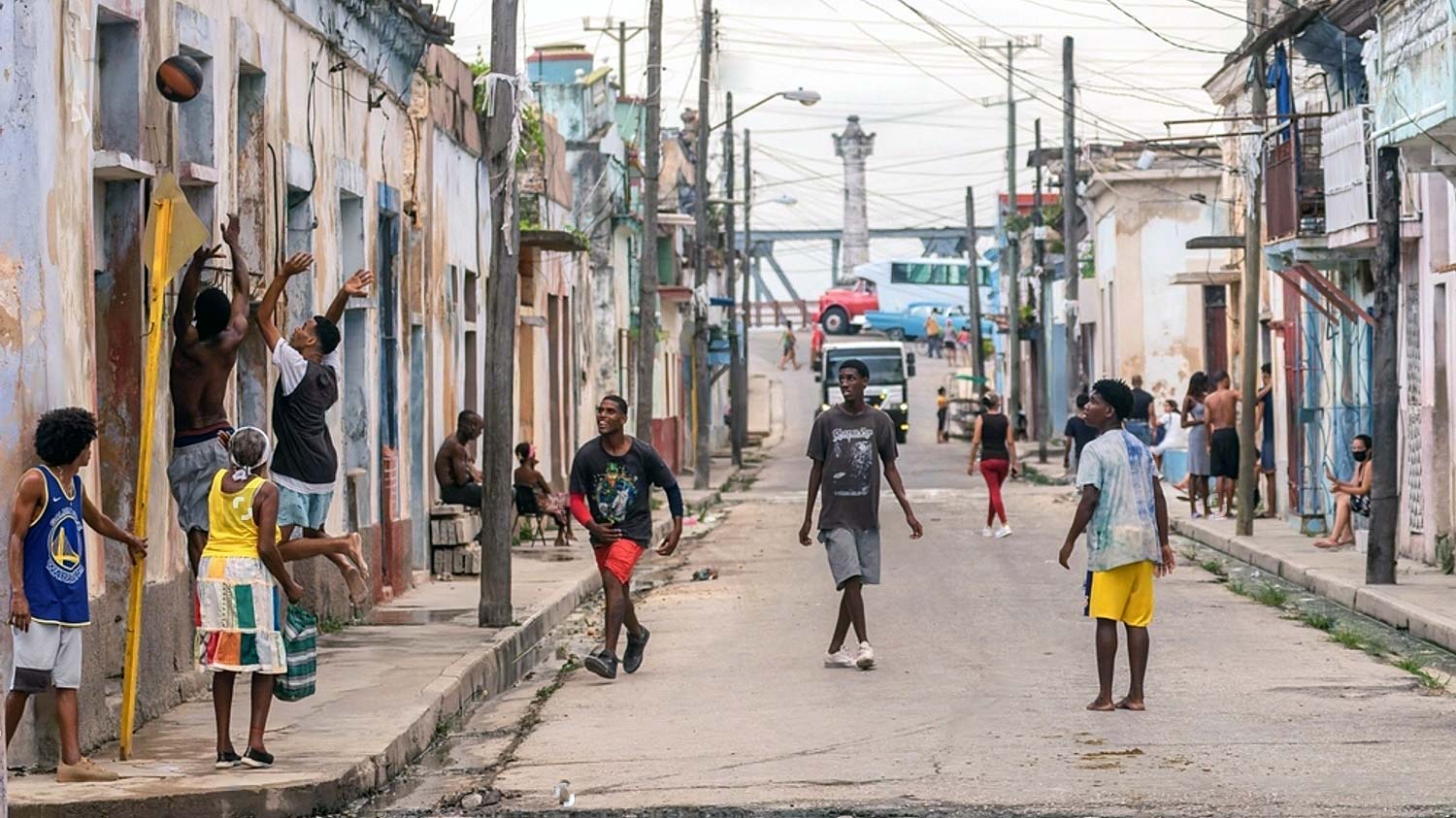
According to official figures, approximately 800,000 young Cubans are disengaged from both study and work.
The information was presented by the Director of the Center for Youth Studies, Keyla Estévez García, during a meeting in which the First Secretary of the Communist Youth Union (UJC), Aylín Álvarez García, participated together with leaders of that organization in Ciego Ávila.
The report of the provincial newspaper Invasor highlights that the level of disengagement is alarming, since it has practically octupled compared to the figures obtained in the National Occupation Survey in 2019, where it was estimated that only 12.2% of young people between 17 and 24 years old, that is, 134,579 Cubans, were neither studying nor working.
During the meeting of communist youth leaders, they discussed other demographic and social problems related to the crisis facing Cuba, such as the low birth rate, the dissatisfaction of university graduates with their professional careers, the lack of motivation to develop life projects in the country, and emigration.
The communist leadership believes that to address these challenges, it is necessary to create quality content on social networks, find attractive ways to integrate young people in all their activities, and proactively involve children and adolescents who are in vulnerable situations or have physical or mental disabilities.
Law against vagrancy in Cuba
Late last year, it became known that in the midst of an unprecedented migration crisis that has weakened the labor force and an increase in crime in the country, the Cuban government is seeking to revive the “Law against vagrancy.”
Last December, Marta Elena Feitó Cabrera, Cuba’s Minister of Labor and Social Security, warned that her ministry had initiated a study of those who neither study nor work, even when they have the capacity to do so.
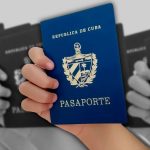
This measure, she wrote on Twitter, is part of initiatives to combat crime, corruption, illegalities, and social indisciplines.
Feitó Cabrera clarified that the Ministry will analyze the causes of “vagrancy” and propose the necessary measures.
These statements came after Cuban Prime Minister Manuel Marrero Cruz announced several measures to address the growing crime on the island, identifying speculation, hoarding, receiving, and illegal economic activity as the most common.
This law was imposed under Fidel Castro in 1971 and punished or forced people who did not work for the state to perform manual labor and study at night. The legislation was repealed in 1979, when the unemployed status was included as a “dangerous state” in Cuba’s Penal Code.
Young people want to work in the private sector
In addition, the Cuban government has recognized that most young Cubans choose to link up with the island’s emerging private sector rather than work in state jobs.
By the end of 2022, the non-state labor force in Cuba was estimated to exceed 500,000 workers.
It was also reported that by 2022, more than 70% of Cubans entering the labor market chose to do so in the private sector.



